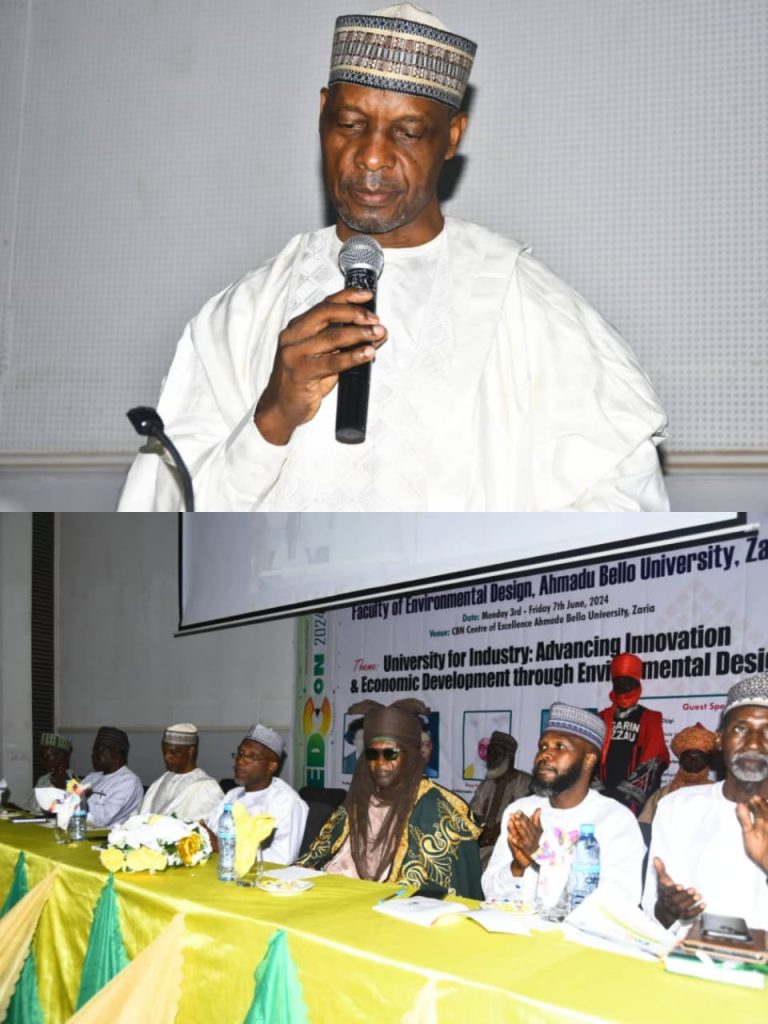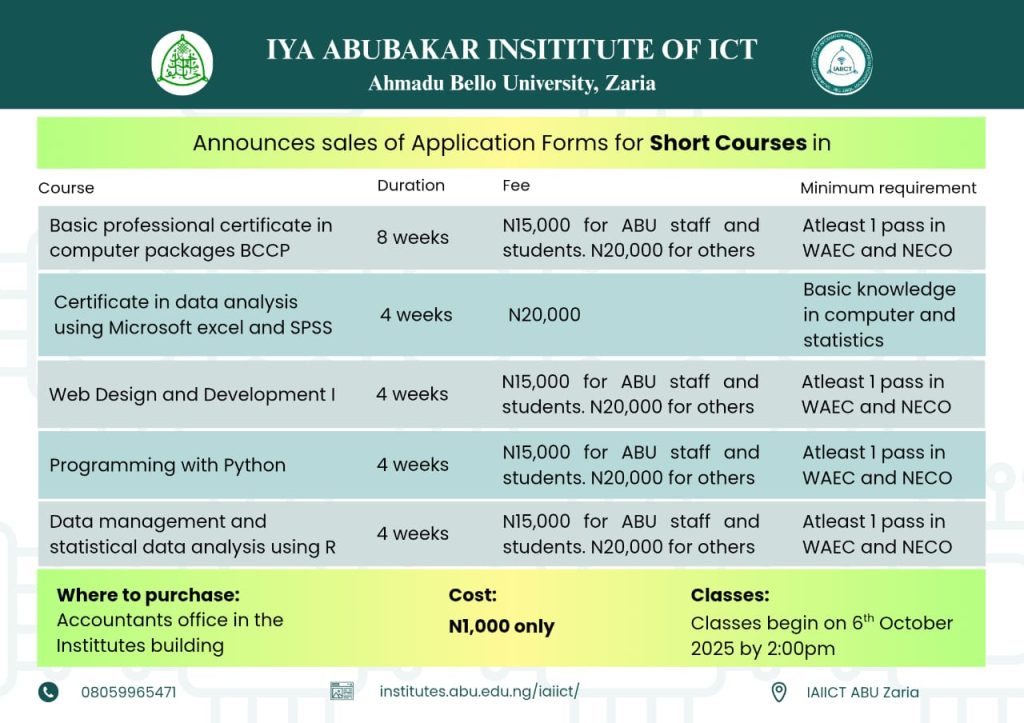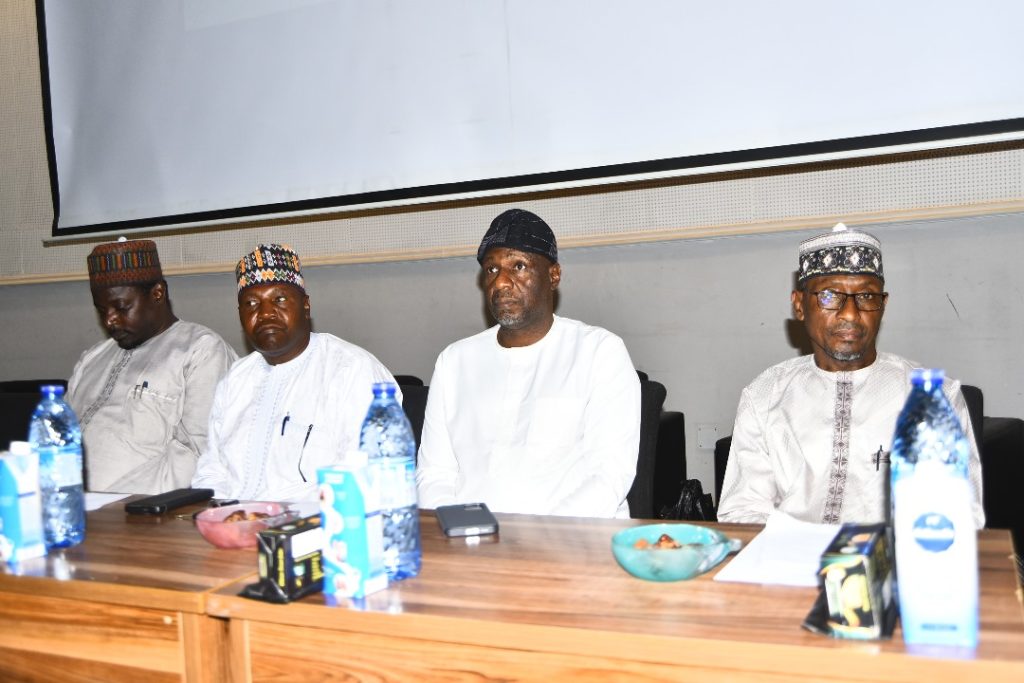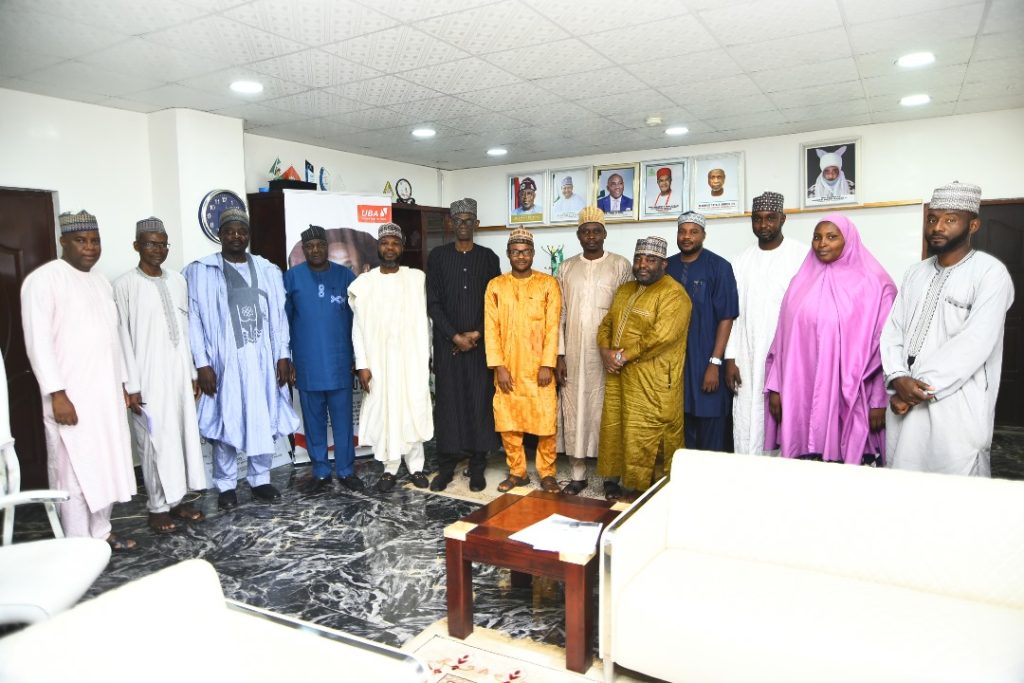Research in Nigerian varsities mere tool for promotion to academic ladder, says TETFund boss at ABU conference
Executive Secretary of the Tertiary Education Trust Fund (TETFUND), Arc. Sonny S.T. Echono, says research being conducted in Nigerian tertiary institutions had obviously become a mere tool for promotion to climb the academic ladder.
This, according to him, made it more convenient for industry to shop for innovations and research outcomes outside the shores of Nigeria.
Speaking as a keynote address speaker at the 2nd Environmental Design Conference organised by the Faculty of Environmental Design, Ahmadu Bello University, the Executive Secretary also described as “worrisome” the disconnect between the academia and industry.
Arc. Echono, who spoke on “University for Industry: Advancing Innovation and Economic Development through Environmental Design”, explained that this undermined the nation’s developmental efforts and aspirations.
He further lamented that impactful research and innovation in Nigerian universities had been at a very low level due to declining quality of research infrastructure such as the absence of modern scientific laboratories and workshops, declining quality of the academia, dearth of funding, as well as the lack of incentives for research and innovation activities.
Arc. Echono, who was represented by the Director, Physical Infrastructure, TETFund, Arc. Yusuf Ashiru, said that this was in addition to the apparent lack of effective interactions between the academia, industry, and government to foster economic and social development.
“The problems that militated against the role of the universities in the triple helix are institutional in nature, whereas some arise from the long-established classifical approach to research and development within the University system”, he said.
In the contemporary globalised economy, he further said, many nations had recognised that sustainable national growth and competitiveness largely depend on continuous technological improvement and innovation driven by vibrant research and development system.
“Countries like South-Korea, Sweden, India, China and the USA that recognise and apply the Triple Helix Model that espouses synergy among academia, industry and government in national development drive have the ability to reposition their national destinies to a knowledge-driven economy”, he also said.
The Executive Secretary stressed that academia and industry needed to interface in a sustainable manner that produces environmental designs and structures that meet the requirements of the society.
“As such, any research or innovation which does not generate commercial possibilities could not be regarded as a response to contemporary and emerging realities”, he further said.
Arc. Echono suggested that universities should integrate into the production sector and society in many ways, stressing that they need to conduct research and development for industry, create spin-offs firms, get involved in capital formation ventures.
He said that although there was a gradual increase in the allocation of funds for research and development in the country, such investments will be less effective if they are mainly used for basic research rather than innovation and product development.
Arc. Echono concluded that strengthening university-industry linkage should inevitably be a priority of any nation that desires to achieve its developmental aspiration.
The Executive Secretary also said that raising the capacity of the institutions to generate valuable research outputs and innovative practices could help transform the country and engender far-reaching gains to the society.
………………….
Public Affairs Directorate,
Office of the Vice-Chancellor,
Ahmadu Bello University, Zaria
Thursday, 6th June, 2024



